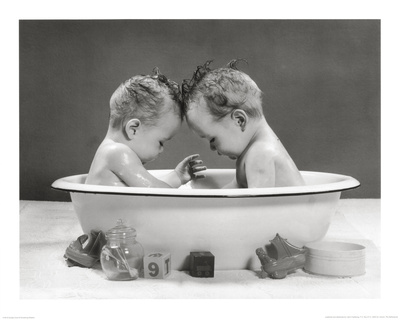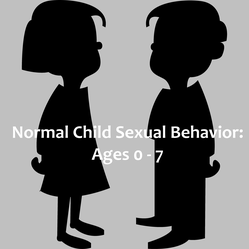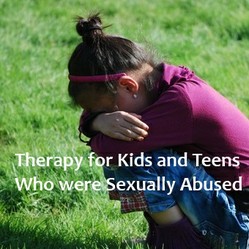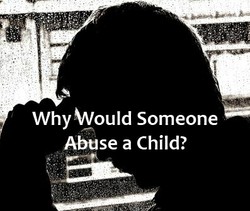Are you disturbed by a behavior you see either in your own child or another child? Do you wonder if it constitutes a symptom of problems that require professional help?
Even in such a situation, you are best to respond as you would to normal childhood sexual play. You will have time after the children are busy with something else to think about what you saw, to speak with someone you trust or to consult with a professional.
If the sexual behavior is truly pathological, then the child should get professional help. However, if the troubled child is not your own, you cannot force the parent to pay attention. In this case, you may be well advised to report the situation to a child protection social worker who, hopefully, will know how to handle the situation diplomatically and sensibly.
If the troubled child is a friend of your son or daughter, then make sure they are together in supervised play only and do not let your child go to his or her house alone.






 Visiting an Art Gallery With a Two-Year-Oldon 07/27/2015
Visiting an Art Gallery With a Two-Year-Oldon 07/27/2015
 Using the News to Enhance Jewish Identity in Jewish Kidson 07/24/2015
Using the News to Enhance Jewish Identity in Jewish Kidson 07/24/2015
 Xi'an - Not Just Terracotta Warriorson 06/09/2015
Xi'an - Not Just Terracotta Warriorson 06/09/2015
 Sew Your Own Wedding Dress - or Your Daughter'son 02/06/2015
Sew Your Own Wedding Dress - or Your Daughter'son 02/06/2015



Love to Hear Your Comments and Questions
No problem, Sat - you can write to me using my private message button on my profile page.